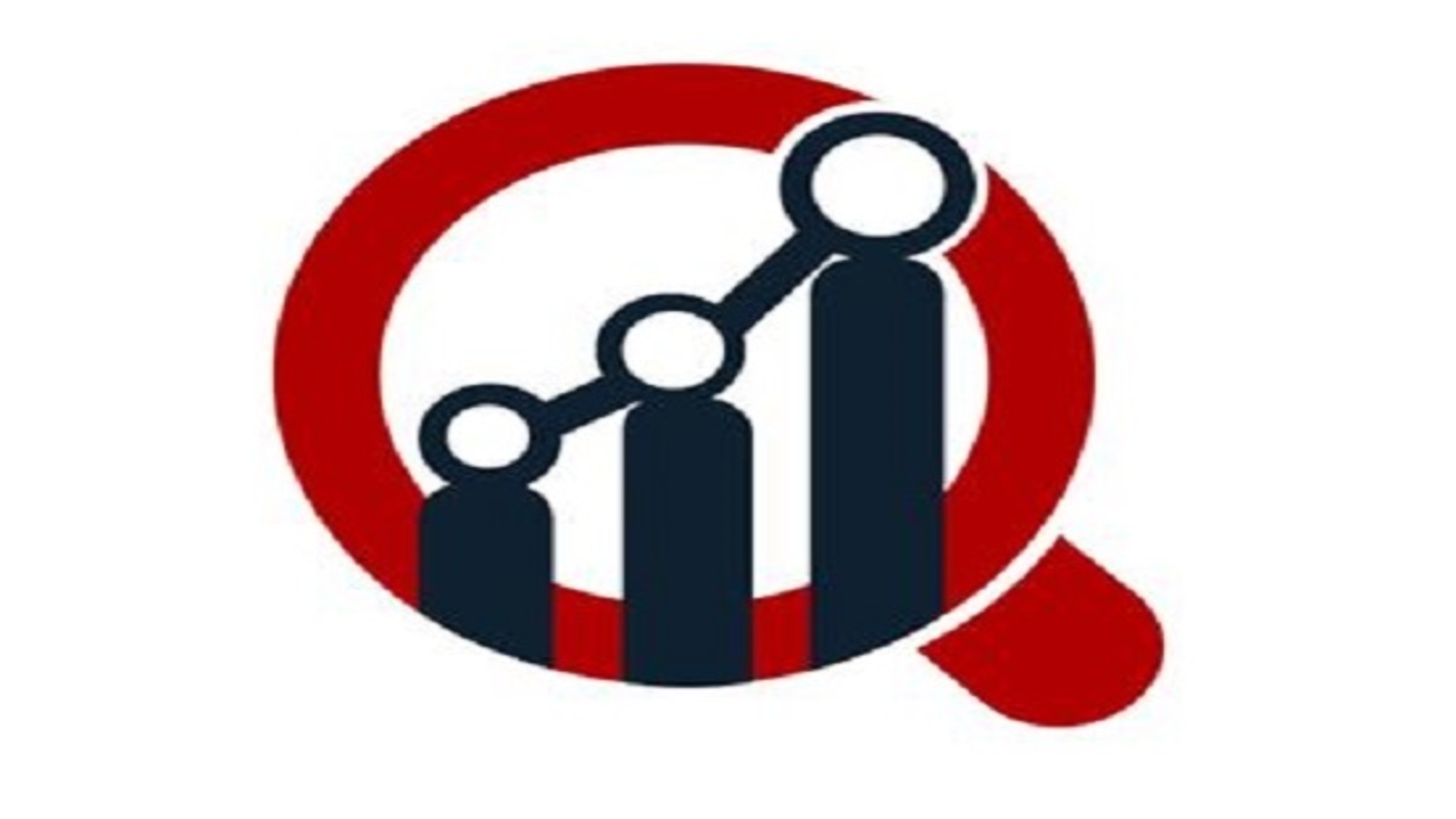What if you could decode a thought? What if your brain could control a computer? These are no longer scenes from a sci-fi blockbuster — they’re the frontiers of neuroscience, a field that’s rapidly redefining what it means to understand the human mind.
From mapping memories to treating depression with magnetic pulses, neuroscience has exploded from the lab into our everyday lives. With breakthroughs in brain-machine interfaces, mental health therapies, and AI-powered diagnostics, the brain is now the most exciting — and valuable — terrain in medicine and tech.
What Is Neuroscience?
At its core, neuroscience is the study of the nervous system, particularly the brain — the most complex organ in the human body. But this is no longer limited to textbooks and microscopes. Today’s neuroscience blends biology, psychology, engineering, and artificial intelligence to explore how we think, feel, learn, and even heal.
Researchers are now not just observing neurons under a microscope — they’re hacking them, enhancing them, and using them to build the next generation of medical treatments and technologies.
Brain Science Gets a High-Tech Upgrade
Neuroscience has entered a golden age, powered by tools that were once unimaginable:
-
fMRI and brain imaging that reveal real-time thoughts and emotions
-
Brain-computer interfaces (BCIs) that allow paralyzed patients to move robotic limbs
-
Neurostimulation therapies for depression, Parkinson’s, and chronic pain
-
AI algorithms that decode brain signals and predict neurological disorders
-
Wearable EEG devices that bring neuroscience into homes and schools
Whether it's helping stroke victims recover mobility or enhancing focus in elite athletes, the potential is vast — and growing.
Mental Health, Meet Modern Science
Perhaps the most exciting impact of neuroscience is in mental health. For decades, treatments for depression, anxiety, PTSD, and ADHD have relied on trial and error. But neuroscience is changing that, offering brain-based diagnostics and targeted therapies.
For example, transcranial magnetic stimulation (TMS) can now modulate brain activity non-invasively, helping patients who didn’t respond to medication. New research is also revealing biomarkers for conditions like Alzheimer’s and schizophrenia — paving the way for earlier detection and more personalized care.
The Billion-Dollar Brain Boom
The rise of neurotech, brain health apps, and research-driven therapeutics has sparked a wave of global investment in the Neuroscience Market. Experts predict it will continue to grow exponentially, fueled by:
-
Aging populations and rising cases of neurodegenerative diseases
-
Surging demand for mental health solutions
-
Technological advances in imaging and AI
-
Cross-sector innovation from healthcare, education, and defense
From startups developing memory-enhancing wearables to pharmaceutical giants racing to find a cure for Alzheimer’s, neuroscience is becoming one of the hottest sectors in science and medicine.
Unlocking Human Potential — Ethically
Of course, this powerful science raises important questions. Can we enhance memory or intelligence? Should we? What happens when machines can “read” our intentions? As neural tech advances, so does the debate around ethics, privacy, and the line between treatment and enhancement.
Experts urge that progress must be guided by strict ethical standards, patient safety, and transparency. After all, the brain is not just another organ — it’s who we are.
What’s Next for the Brain?
The future of neuroscience is dazzling. Expect more non-invasive therapies, AI-assisted brain mapping, and even consumer neurotech devices that promise to boost focus, manage stress, and optimize sleep. Education, sports, and even marketing will be transformed by insights into how the brain responds and learns.
We're moving from understanding the brain to working with it, and eventually, even augmenting it.
🧠 From curing diseases to unlocking superhuman abilities, neuroscience is no longer just a field of study — it's the gateway to understanding and enhancing human life. And it's only just begun.


